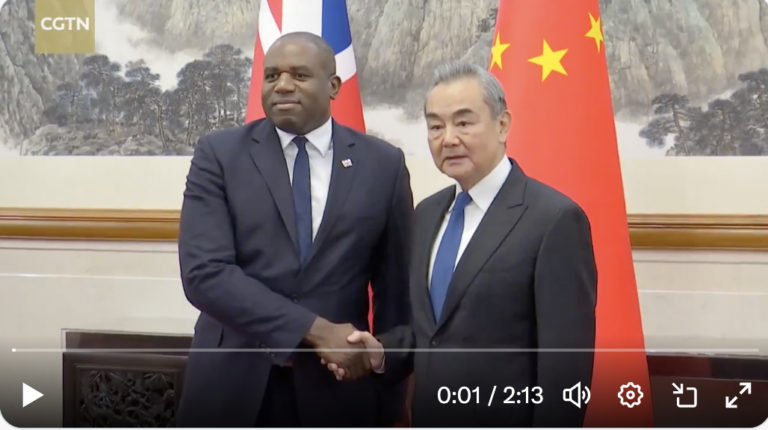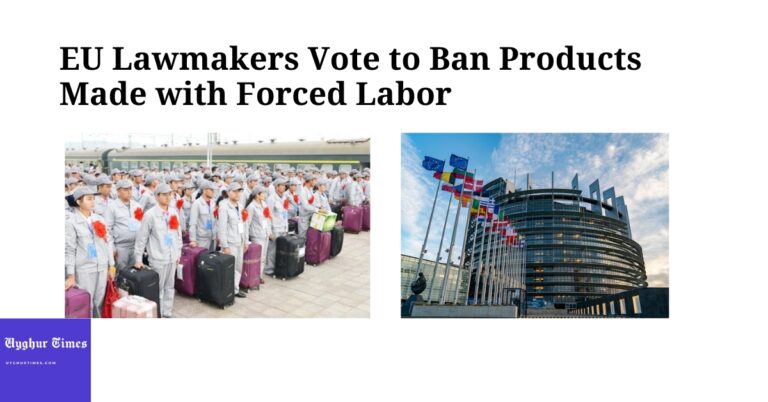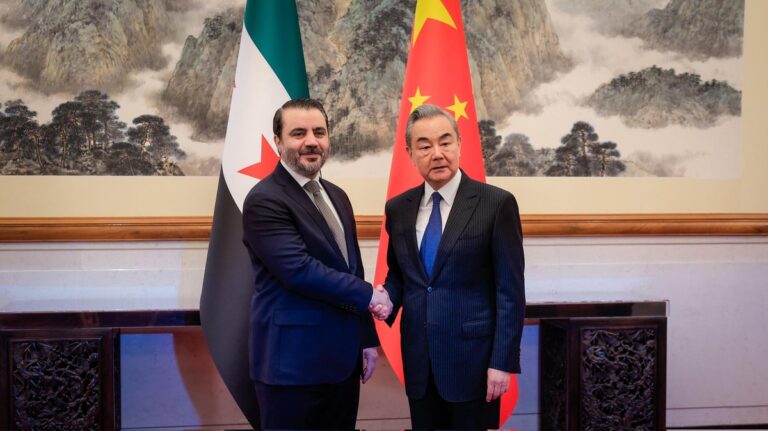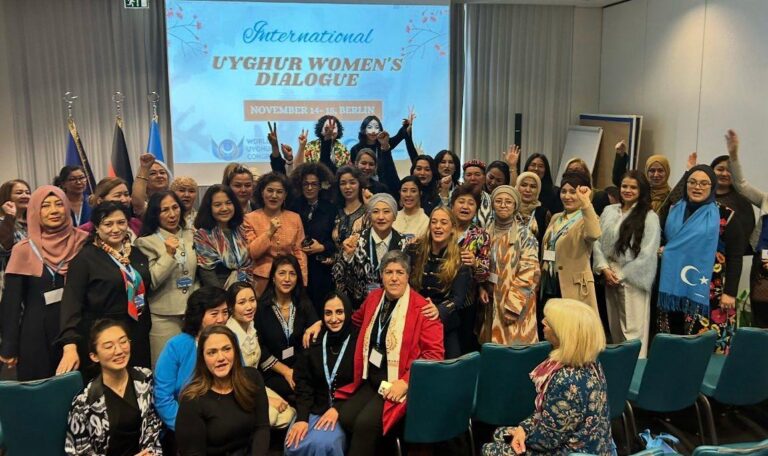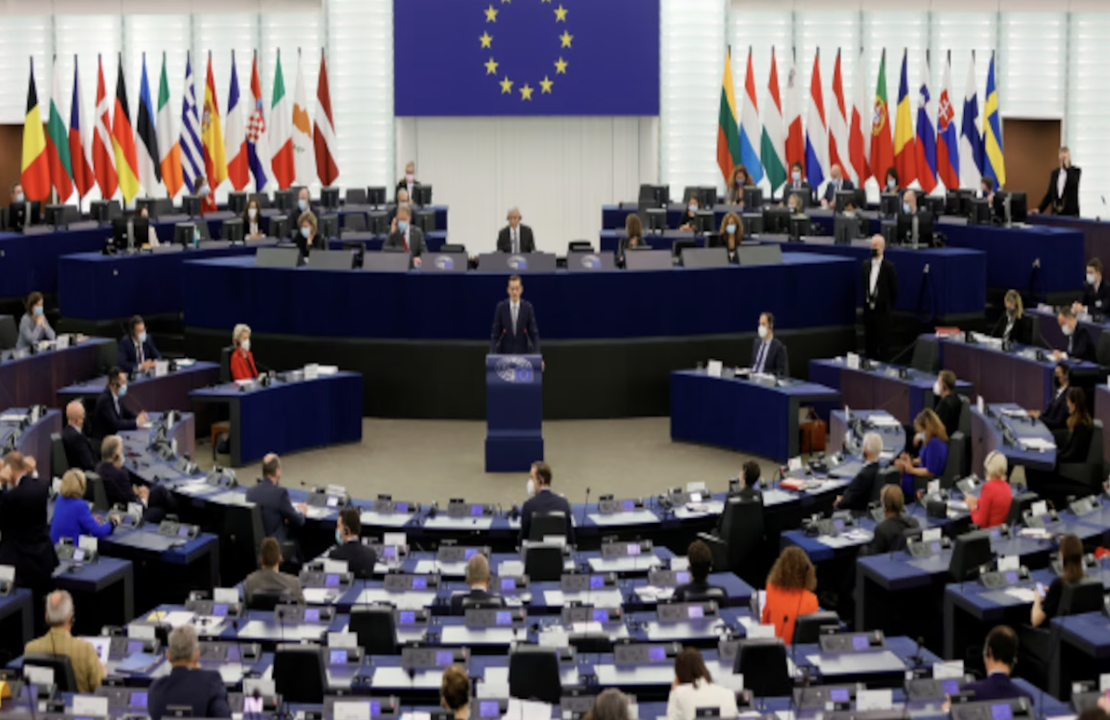
European Union leaders, at the conclusion of a two-day summit in Brussels, pledged to reduce their economic dependence on China. In a joint statement, the leaders expressed their commitment to maintaining a mutually beneficial economic relationship with Beijing while actively working to “continue to reduce critical dependencies and vulnerabilities.” German Chancellor Olaf Scholz emphasized the importance of diversifying and de-risking economic ties with China, stating that companies need to avoid putting all their eggs in one basket. The EU leaders also called on China to exert pressure on Russia to bring an end to the conflict in Ukraine.
However, the summit ended without reaching an agreement on a plan to distribute migrants fairly across EU member states. Poland and Hungary blocked a proposed statement regarding a recent migration deal, highlighting the ongoing divisions within the EU on this issue. Poland’s Prime Minister Mateusz Morawiecki vowed to veto any plans that could enforce mandatory refugee quotas on countries, asserting the need for secure borders and the safety of European inhabitants. The political adviser to Hungarian Prime Minister Viktor Orban echoed this sentiment, emphasizing the solidarity between Hungary and Poland in resisting such measures.
Poland and Hungary have been historically opposed to the EU’s refugee quotas since 2015, when a proposal was made to address the influx of asylum-seekers from Syria. The bloc’s top court later ruled that these countries had failed to comply with EU laws. The migration issue continues to be a point of contention within the EU, with countries like Italy and Greece advocating for burden-sharing in accepting migrants arriving via the Mediterranean.

